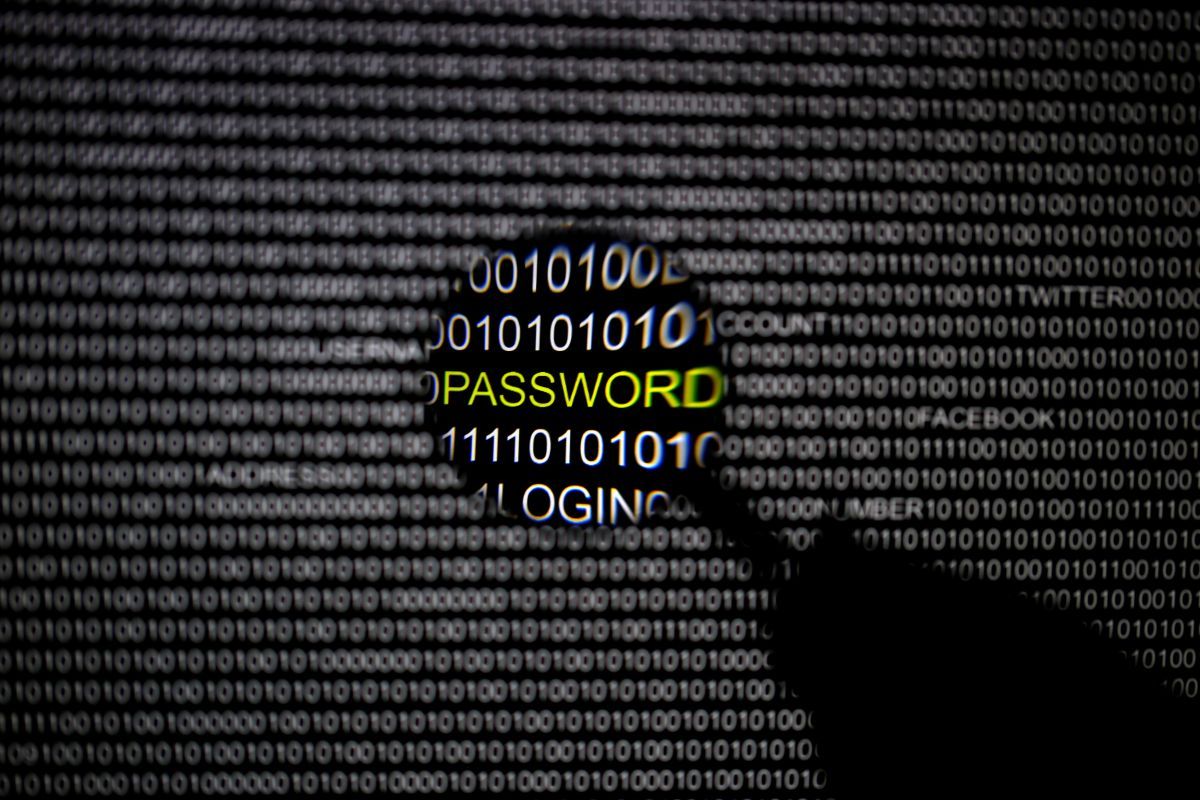
"The FBI is requesting that states contact their Board of Elections and determine if any similar activity ... has been detected," the agency's Cyber Division said in a bulletin recently sent to private-industry partners across the country, ABC News wrote.
In late June, an "unknown actor scanned a state's Board of Election website for vulnerabilities" and, after identifying a security gap, exploited the vulnerability to conduct a "data exfiltration," the FBI said in its August 18 "flash" bulletin.
Read alsoBloomberg: Russia says Chinese hackers are getting more aggressiveEarlier this month, hackers used the same vulnerability in an "attempted intrusion activities into another state's Board of Election system," the FBI said.
The bulletin did not say who may be behind the cyberattacks, or where they may be located.
The bulletin, first reported by Yahoo News, notes that the FBI "routinely advises private industry of various cyber threat indicators observed during the course of our investigations."
"This data is provided in order to help cyber security professionals and system administrators to guard against the persistent malicious actions of cyber criminals," the bulletin added.
Read also"Russian trace" in cyber attacks on Ukraine companies: NSDCAn FBI spokeswoman declined to comment further.
Lawmakers and even top U.S. officials have recently raised concerns over potential Election Day cyber vulnerabilities.
Three weeks ago, the ranking member of the Senate Homeland Security Committee called on the federal government to examine its efforts to protect election systems and voting machines in the United States against similar attacks.
"Election security is critical, and a cyberattack by foreign actors on our election systems could compromise the integrity of our voting process," wrote Sen. Tom Carper, D-Delaware, in a letter to the Department of Homeland Security.
For months, the FBI has been investigating what appear to be coordinated cyberattacks on Democratic organizations, with the hacking of the Democratic National Committee being the most damaging so far.
Not only did the hack apparently allow cyber operatives to steal opposition research on Republican nominee Donald Trump, but many suspect it led to the theft of internal messages that showed efforts by DNC officials to undermine Democratic presidential candidate Bernie Sanders during the primary season.
After those damaging emails were publicly released by WikiLeaks, Florida Rep. Debbie Wasserman Schultz stepped down as DNC chairwoman.
Many suspect Russian hackers are to blame for the cyberassault on Democratic organizations.
Nevertheless, Clapper said he's "taken aback a bit by ... the hyperventilation over" the hack of the DNC, adding in a sarcastic tone, "I'm shocked somebody did some hacking. That's never happened before."
The American people "just need to accept" that cyber threats and computer-based attacks are a major long-term challenge facing the United States, and he said Americans should "not be quite so excitable when we have yet another instance of it."


